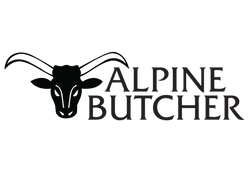The Best Wagyu Steaks in the world

Family Owned Butcher Shop Since 1913
We have searched the country tirelessly to find you the best sources and meats available. You have to taste the difference to believe it. You haven't had a steak like this. To learn more about our company's history check out the link here.
To learn more information about wagyu beef please visit here.

How Shipping Works
We now ship across the entire country!
All orders ship through UPS.
Product departures occur Monday-Wednesday.
Destinations that take 3 business days only leave our facility on Mondays and Tuesdays.
Orders placed from 1pm on Wednesday through Sunday will ship out on the following Monday.
(This ensures your product isn't sitting on a truck all weekend.)
UPS Ground delivers in 1 business day for all New England States.
Our shipments are packed with both dry ice and reusable gel packs to ensure food safety temperatures.
** Free Shipping only available at $350 and up for Extended Network States: Alaska, Arizona, California, Colorado, Hawaii, Idaho, Montana, Nevada, Oregon, Utah, Washington, & Wyoming. Rates below threshold may vary.

Our Shop
Alpine Butcher Shop
963 Chelmsford St.
Lowell, MA, 01851
Sunday - Saturday, 10am - 7pm
Contact us
Email: Delivery@alpinebutcher.com
Phone: 978.256.7771
Address: 963 Chelmsford St., Lowell, MA 01851




